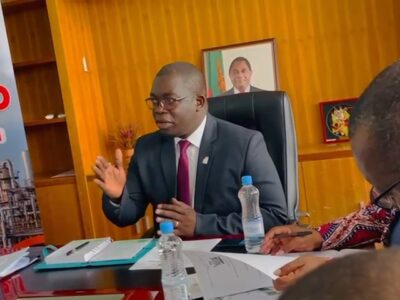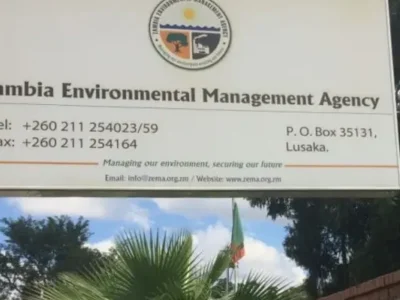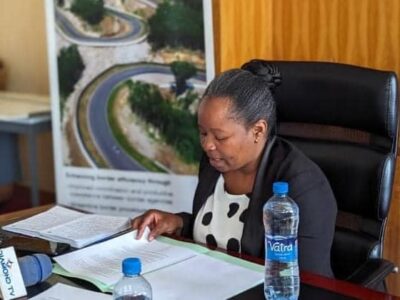The USAID Alternatives to Charcoal Growth Technical Assistance programme, implemented by Prospero, has revealed that Zambia produces enough charcoal to fill up at least 300 shipping containers on a daily basis.
USAID Alternatives to Charcoal project Chief of Party, Catherine Picard, said Solwezi had the highest consumption which increased to 855 Kilogrammes (Kg) per household every year.
Picard said this during the Alternative to Charcoal pitch day agenda in Lusaka on Wednesday.
“Data from last year’s survey by USAID Alternatives to charcoal programme indicates that every household in Lusaka uses 689kg charcoal every year,” she said.
Picard said the impact of this can be felt in the loss of forests, changing rainfall and climate patterns, reduced soil fertility – not to mention the time poverty and health impacts related to using charcoal.
“If nothing is done now to transform the energy sources used to cook in the country, there will be no trees left in the future to cook with,” she said.
Picard had also congratulated the five companies who have completed the growth technical assistance programme under the USAID Alternatives to Charcoal Growth Technical Assistance programme.
She said the companies represented the top emerging entrepreneurs and businesses that are scaling up the use of alternatives fuel and technologies and advancing clean cooking in Zambia.
Read More:US agency says 689kg of charcoal consumed per household in Lusaka hurting the climate
“The Growth Technical Assistance programis a 10-week intensive programme that provided tailored business development skills to the companies here today including but not limited to: investment readiness, developing business plans, market segmentation, identifying target consumers, financial planning, and gender equity,” Picard said.
She said the USAID-funded Alternatives to Charcoal (A2C) activity, had two primary objectives namely to decrease urban consumption of charcoal and increase the use of alternative technologies and fuels.
Picard said this was in order to reduce the high rates of deforestation and forest degradation in Zambia.
WARNING! All rights reserved. This material, and other digital content on this website, may not be reproduced, published, broadcast, rewritten or redistributed in whole or in part without prior express permission from ZAMBIA MONITOR!












Comments